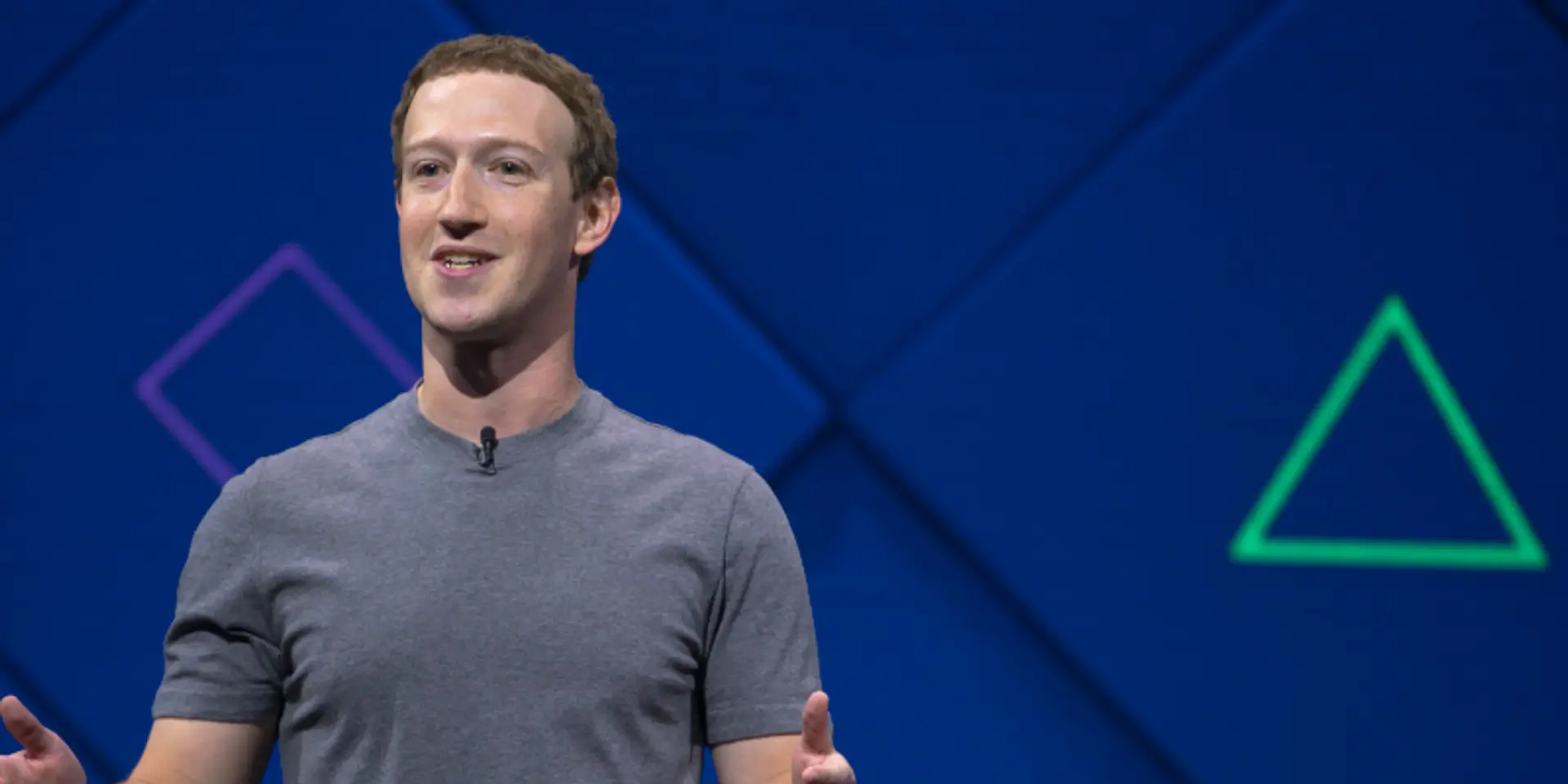Facebook will now be known as Meta
Facebook's new corporate identity - Meta - comes at a time where the company envisions an alternate virtual existence of individuals, by employing AR and VR technologies.
After 17 years, social networking giant Facebook, which also has Instagram and Whatsapp under its umbrella, has renamed itself as Meta.
“Meta’s focus will be to bring the metaverse to life and help people connect, find communities, and grow businesses,” said Mark Zuckerberg, Founder of Facebook, now Meta.
This new corporate identity comes at a time where the company envisions an alternate virtual existence of individuals, by employing AR and VR technologies
“In this future, you will be able to teleport instantly as a hologram to be at the office without a commute, at a concert with friends, or in your parents’ living room to catch up. This will open up more opportunity, no matter where you live. You’ll be able to spend more time on what matters to you, cut down time in traffic, and reduce your carbon footprint,” Mark said in a blogpost.
The overarching theme for Meta now will be the metaverse. The concept was first mentioned in the 1992 science-fiction novel Snow Crash by Neal Stephenson.
In simple terms, the metaverse is an online, 3D universe that combines various virtual spaces. This 3D universe will allow users across the globe to meet, chat, work, and participate in games together.
The metaverse will be driven by AR abd VR, with users controlling their own digital avatar(s).

In the metaverse, you could use a VR headset to take a fully immersive meeting in a virtual room.
Mark said, “From now on, we will be metaverse-first, not Facebook-first. That means that over time you won’t need a Facebook account to use our other services. As our new brand starts showing up in our products, I hope people around the world come to know the Meta brand and the future we stand for.”
The founder of Meta made it clear that the metaverse will not be created by one company, and will be built by creators and developers making new experiences and digital items that are interoperable.
The expectation is that it will unlock a massively larger creative economy than the one constrained by today’s platforms and their policies.
“We don’t build services to make money; we make money to build better services,” Mark Zuckerberg said.
Edited by Teja Lele








